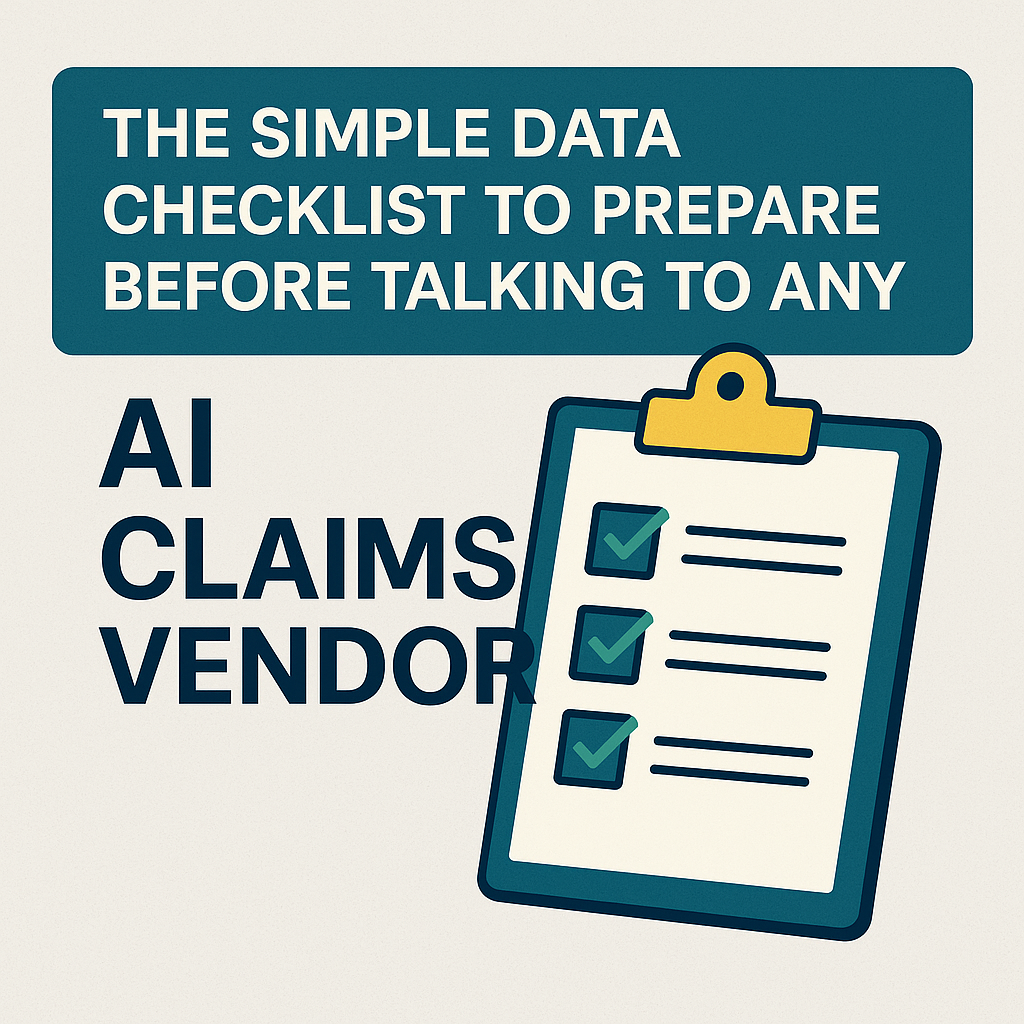Cost Reduction: How AI Is Helping Health Insurance Companies Cut Costs Through Claims Fraud Detection
Welcome back to the second instalment of our ongoing series on the transformative role of artificial intelligence (AI) in the health insurance industry. In our previous article, we explored the immense potential of AI in improving healthcare outcomes. Today, we shift our focus to the critical aspect of cost reduction through the use of AI in claims fraud detection. This cutting-edge technology is transforming the way health insurance companies combat fraudulent activities, ensuring the integrity of their operations and benefiting both insurers and policyholders.
The Rise of Claims Fraud:
Health insurance fraud poses a significant challenge for the industry, with fraudulent claims draining billions of dollars annually. According to the National Health Care Anti-Fraud Association, healthcare fraud costs the United States approximately $68 billion each year. In Africa where insurance penetration is still below 3.5%, health insurance fraud is a serious problem. The cost of health insurance fraud in Africa is estimated to be between $7 billion and $15 billion per year. This represents a significant loss of revenue for health insurers and a drain on the resources that could be used to provide healthcare to Africans. Detecting and preventing these fraudulent activities has traditionally been a labour-intensive and time-consuming process, placing a substantial burden on insurers and hindering their ability to provide affordable coverage.
Enter AI-Powered Claims Fraud Detection:
Fortunately, advancements in AI have paved the way for innovative solutions to combat claims fraud. Curacel, a leading insurtech player in emerging market regions, specializes in fraud detection for the insurance industry. By utilizing AI algorithms and machine learning techniques, Curacel analyzes vast amounts of data, enabling health insurance companies to identify patterns, anomalies, and red flags indicative of potential fraud. This technology empowers insurers to automate the fraud detection process, reducing manual investigations, and leading to cost savings and improved operational efficiency.
Benefits of AI-Enabled Claims Fraud Detection:
- Enhanced Accuracy: AI algorithms excel at analyzing large datasets and identifying intricate patterns that may go unnoticed by human investigators. A study conducted by the Journal of Medical Internet Research found that AI-powered fraud detection systems achieved an accuracy rate of over 90%, outperforming traditional methods. This advanced technology significantly improves the accuracy of fraud detection, reducing false positives and enabling insurers to focus their efforts on genuine cases of fraud.
- Real-Time Monitoring: AI-powered systems can continuously monitor claims data in real time, swiftly flagging suspicious activities as they occur. Early detection helps prevent fraudulent claims from being processed, minimizing financial losses for insurance companies. According to the Insurance Information Institute, real-time fraud detection has the potential to save insurers up to $50 billion annually.
- Cost Savings: Traditional fraud detection methods are resource-intensive and often involve manual reviews of claims. By automating the process with AI, insurers can streamline operations, reduce the need for human intervention, and allocate resources more efficiently. A study by McKinsey & Company estimated that implementing AI-driven fraud detection systems can reduce fraud-related costs by 30% to 50%. These cost savings contribute to more affordable coverage options for policyholders.
- Improved Customer Experience: Timely detection of fraudulent claims allows insurers to protect policyholders from rising premiums due to fraud-related losses. By swiftly addressing fraud, insurers can maintain affordable coverage options and enhance the overall customer experience. A survey conducted by Accenture found that 70% of insurance executives believe that AI will improve customer experience by reducing fraud.
Looking Ahead:
As the demand for affordable and efficient healthcare services continues to grow, AI-powered claims fraud detection will play an increasingly crucial role in the health insurance industry. By leveraging cutting-edge technologies, such as the solutions offered by Curacel and other emerging market players, insurers can reduce costs, protect policyholders, and maintain sustainable business models.
In our next instalment, we will delve deeper into the realm of AI and explore its potential in proactive healthcare management, including personalized risk assessment and preventive care strategies. Stay tuned for valuable insights and practical applications that can transform health insurance professionals' approach to patient care.
In conclusion. Zooming out.
AI-powered claims fraud detection is transforming the health insurance industry by significantly reducing costs and improving operational efficiency. Companies like Curacel, along with other emerging market players, are at the forefront of leveraging AI technology to combat fraudulent activities in the insurance sector. By utilizing advanced algorithms and machine learning, insurers can identify patterns and anomalies that indicate potential fraud, leading to accurate and timely detection.
The impact of AI in claims fraud detection is substantial. Studies have shown that AI-powered systems achieve high levels of accuracy, surpassing traditional methods and reducing false positives. Real-time monitoring capabilities enable insurers to prevent fraudulent claims from being processed, resulting in significant financial savings. The cost benefits are undeniable, with estimates suggesting that implementing AI-driven fraud detection systems can lead to cost reductions of up to 50%.
Furthermore, AI-powered claims fraud detection enhances the overall customer experience by protecting policyholders from fraud-related losses. This ensures that insurance premiums remain affordable and policyholders can access the healthcare coverage they need. As AI continues to advance, the potential for proactive healthcare management, personalized risk assessment, and preventive care strategies become even more promising.
In this ongoing series, we aim to provide health insurance professionals and HMOs with valuable insights into the transformative power of AI in the industry. We encourage you to stay tuned for our next article, where we will delve deeper into the proactive healthcare management landscape, exploring how AI can revolutionize personalized risk assessment and preventive care strategies.
Embrace the power of AI in claims fraud detection and join us in shaping the future of health insurance. Together, we can create a more efficient, cost-effective, and customer-centric healthcare ecosystem.
Subsribe to our newsletter to receive weekly content


























.svg)







